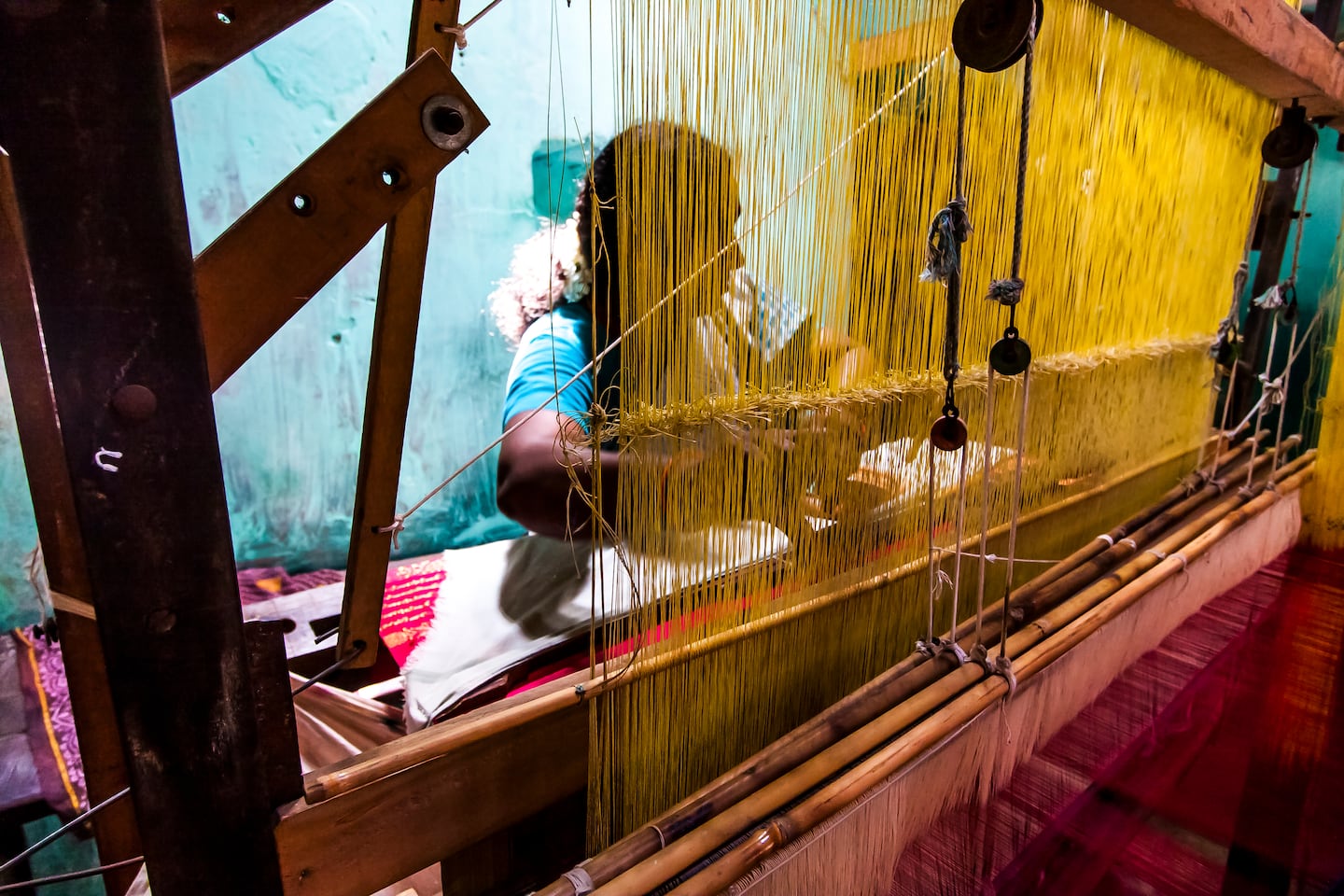
The Business of Fashion
Agenda-setting intelligence, analysis and advice for the global fashion community.

Agenda-setting intelligence, analysis and advice for the global fashion community.

Workers face “appalling” conditions in Indian spinning mills that produce yarn and fabrics for international clothing companies, according to a new report, “Spinning Around Workers’ Rights”, released by the Centre for Research on Multinational Corporations (SOMO) and Arisa, a workers’ rights NGO.
SOMO and Arisa interviewed 725 workers from 29 spinning mills in the Indian state of Tamil Nadu in the course of their research and found that already vulnerable workers were now worse off due to the Covid-19 crisis with more forced overtime, less salary and mass dismissals all reported.
“Under pressure and threats, workers are made to work excessive overtime. Many workers come from other states in India, do not speak Tamil and belong to the lower castes. Employers take advantage of the vulnerable position of these labour migrants, who are often recruited with false promises and end up living miserably in hostels that are by and large isolated from the outside world,” the report reads in part, adding that in the “worst cases” these conditions amounted to forced labour.
SOMO and Arisa found direct and indirect links between the spinning mills they investigated and companies operating internationally, including Carrefour, Gap, Tesco, WE Fashion, and Zeeman. In some cases, the companies had links with the mills themselves, in other cases, the links existed only between the parent companies of the mills and the international retailers.
Though e-commerce reshaped retailing in the US and Europe even before the pandemic, a confluence of economic, financial and logistical circumstance kept the South American nation insulated from the trend until later.
This week’s round-up of global markets fashion business news also features Korean shopping app Ably, Kenya’s second-hand clothing trade and the EU’s bid to curb forced labour in Chinese cotton.
From Viviano Sue to Soshi Otsuki, a new generation of Tokyo-based designers are preparing to make their international breakthrough.
This week’s round-up of global markets fashion business news also features Latin American mall giants, Nigerian craft entrepreneurs and the mixed picture of China’s luxury market.